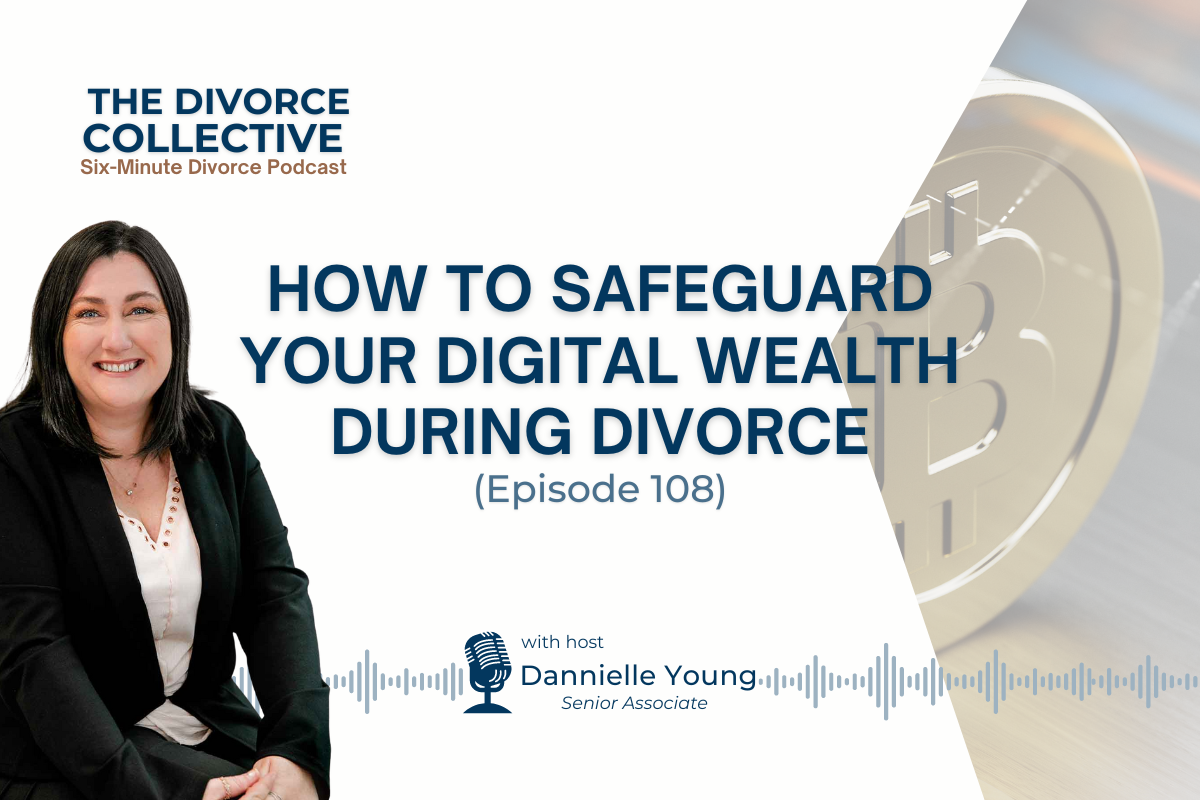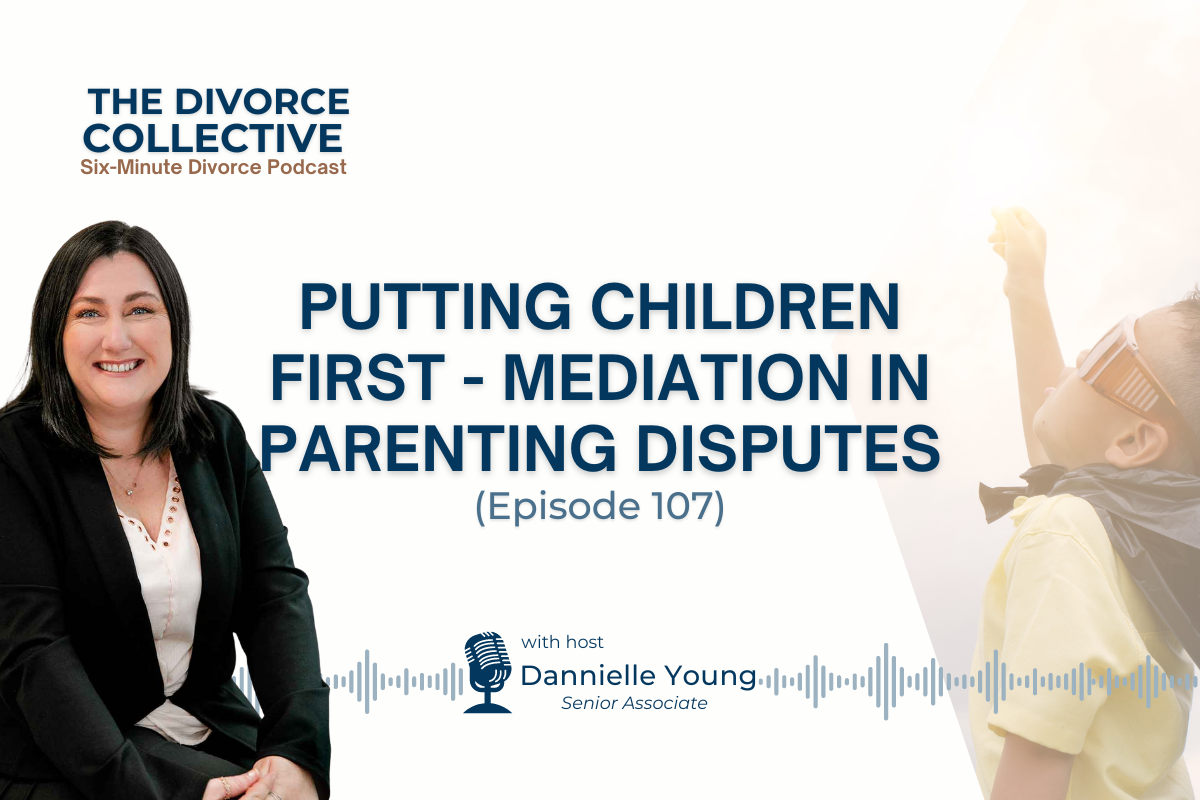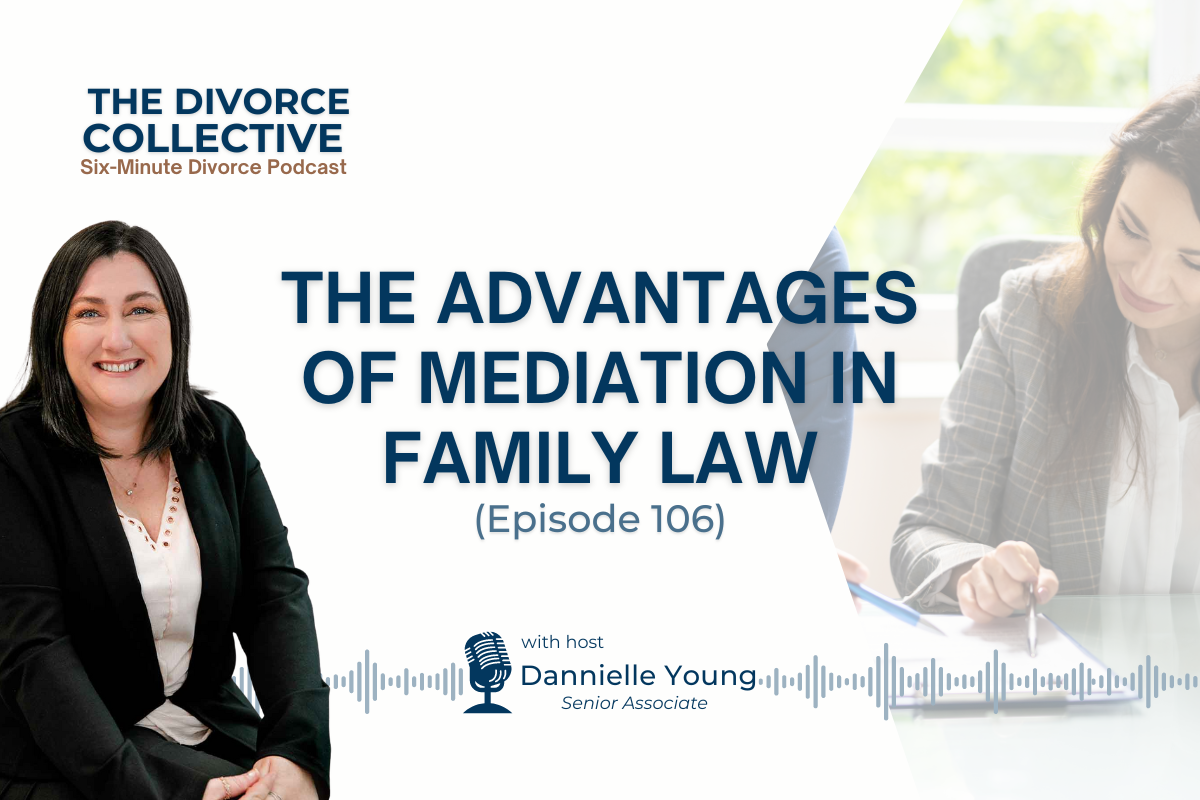Journey through your divorce with grace and poise. Understand that the true power lies not in controlling everything but in discerning when to hold on and when to let go.
Navigating the waters of divorce is never easy. Emotions are high, and finding the balance between control and letting go becomes paramount. Understandably, one may grapple with intense feelings. However, is it ever beneficial to hold onto anger, resentment, or the incessant need to control?
The fine line between assertiveness and aggression is crucial. Assertive anger gives voice to your needs without harm, while aggressive anger is all-consuming, ignoring the needs and feelings of the other. Aggressive anger can bog you down, while assertiveness can pave the path to a brighter, post-divorce future.
Navigating The Intricacies of Wants and Needs
Distinguishing between genuine needs and fleeting wants is imperative during divorce proceedings. Everyone ‘wants’ their ideal scenario. But clinging too tightly to those ‘wants’ might blindside you from what’s genuinely in your best interest.
For instance, a parent may find it hard to share custody due to personal grievances. However, the child’s ‘need’ for both parents may outweigh the parent’s ‘want’ for sole custody. Thus, keeping the best interests at heart, especially concerning children, is vital.
Embracing the Power of Letting Go
There’s an unmatched strength in letting go. By doing so, you open doors to new possibilities, personal growth, and healing. Constantly trying to control the outcome or another person’s actions can drain your energy and hinder progress. The tale of a woman fervently resisting her husband’s decision for a divorce showcases the potential pitfalls of such an approach. Even after the divorce, she’s still entrapped by the need to control, redirecting her energies towards altering state divorce laws.
We can want something so desperately that it can feel like an actual need. It is easy to confuse our wants with our needs, especially during the demise of a marriage. You are going to be called on to negotiate and compromise on the issues above. If you can’t let go of what you want (need) you won’t be able to focus on what is in your best interest during divorce settlement negotiations.
Imagine the liberation and opportunities one could embrace if they relinquished such control. It’s about focusing on what you can control: your actions, responses, and future choices.
You may resent paying child support and wish to retain that money for yourself but which is more important, getting what you want or showing your children their needs are important to you, important enough that you are willing to give up a want so they can have?
You are going to sit down with divorce lawyers or mediators and come to an agreement with your spouse about how life will be dealt with once the divorce is final. Coming to an agreement that benefits all concerned isn’t going to happen if you are not able to let go of some of what you “want.”
Divorces are never easy. Seeking guidance from trusted professionals, such as divorce lawyers in Gold Coast, can aid the process.
Need further guidance on navigating your divorce journey? Schedule a family law consultation free of charge with us. Book your free 45-minute appointment today.
FAQs:
- What’s the difference between assertive and aggressive anger?
– Assertive anger allows for expressing needs without harm, focusing on a positive outcome. In contrast, aggressive anger is about control, often dismissing others’ needs or feelings.
- How can I distinguish between needs and wants during a divorce?
– Needs are essential for well-being and can be within your control, while wants are desires that might not always align with the best interests of everyone involved.
- Why is letting go crucial during the divorce process?
– Letting go can lead to personal growth, healing, and open doors to new opportunities. Holding onto control can hinder progress and keep you rooted in the past.





